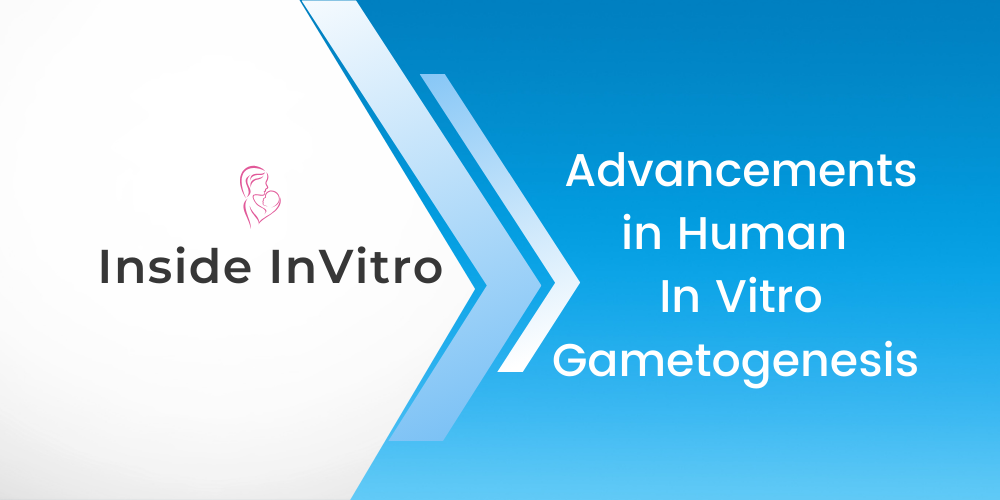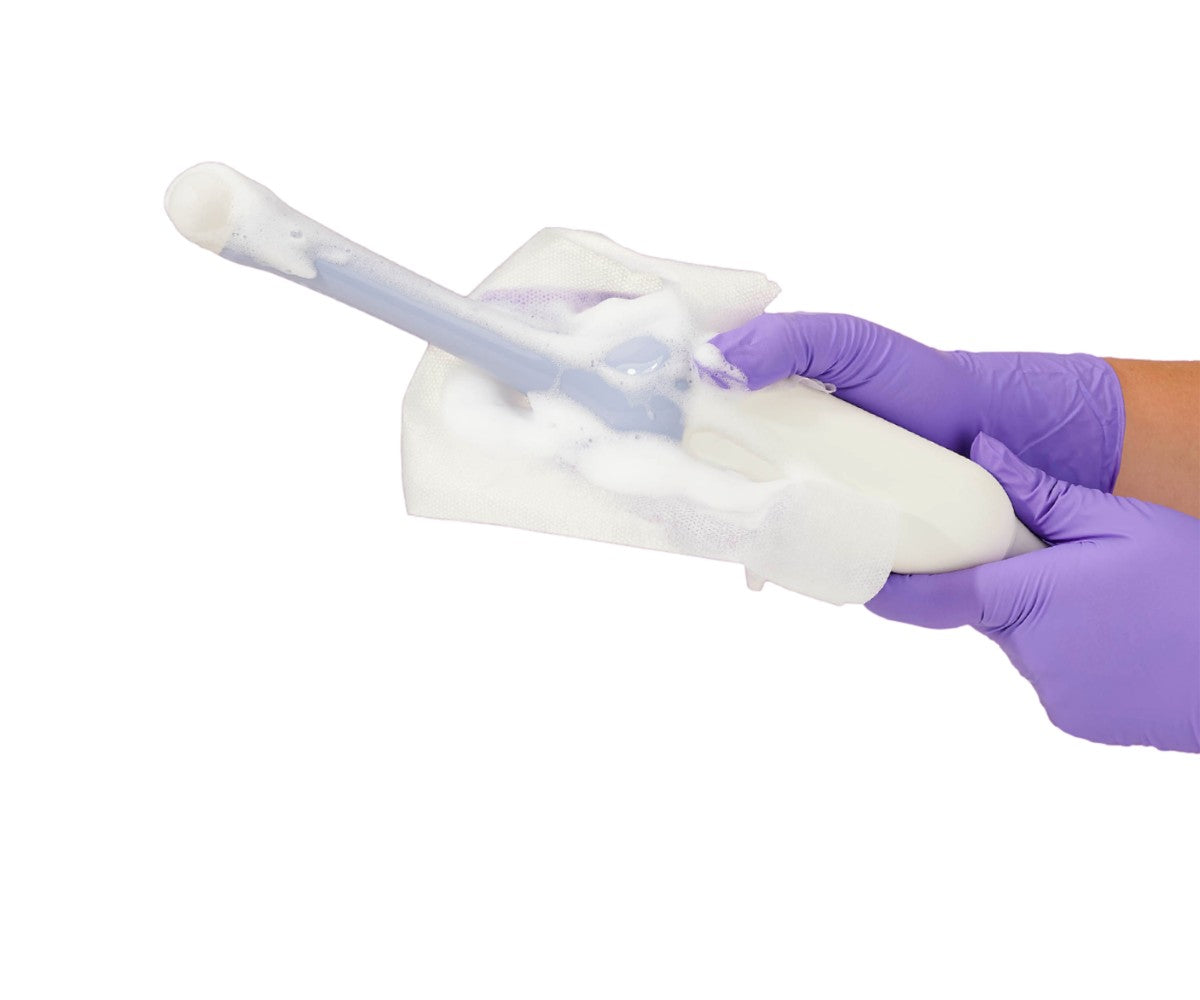Infertility poses a significant challenge for couples worldwide, with assisted reproductive technologies (ARTs) like in vitro fertilization (IVF) making strides in treating some cases. However, not all forms of infertility can be addressed with these methods. Nevertheless, advancements in human in vitro gametogenesis (IVG) are promising a new era in reproductive medicine, potentially offering solutions for previously untreatable cases.
The Potential of Human In Vitro Gametogenesis
Human IVG is an emerging technology aiming to revolutionize infertility treatment by using pluripotent stem cells (PSCs) like induced pluripotent stem cells (iPSCs) to generate human germ cells capable of developing into mature gametes in culture. This approach holds promise for treating all forms of infertility, regardless of gender. Despite being in its early stages, IVG research faces the challenge of replicating the entire process of human gametogenesis, particularly epigenetic reprogramming.
Recent breakthroughs have shown remarkable progress in differentiating pluripotent stem cell (PSC)-derived human primordial germ cell-like cells (hPGCLCs) into mitotic pro-spermatogonia or oogonia, offering potential advancements in infertility treatments.
Epigenetic Reprogramming: The Key to Totipotency
A fundamental aspect of gametogenesis is the epigenetic reprogramming that resets parental epigenetic memories and ensures the proper development of germ cells into either sperm or eggs. This process involves the extensive amplification of these cells and is crucial for maintaining the totipotency required for successful reproduction. In a latest study published on May 20 in Nature, researchers have established a robust strategy to induce this reprogramming in human cells, a challenge that has long eluded scientists.
The Role of BMP Signaling
The study highlights the pivotal role of bone morphogenetic protein (BMP) signaling in driving the differentiation and amplification of hPGCLCs. BMP signaling helps attenuate the mitogen-activated protein kinase/extracellular-regulated kinase (MAPK/ERK) pathway and both de novo and maintenance DNA methyltransferase (DNMT) activities, promoting replication-coupled, passive DNA demethylation. This process is essential for the development of mitotic pro-spermatogonia and oogonia.
However, the study also found that hPGCLCs deficient in tens-eleven translocation (TET) 1, an active DNA demethylase abundant in human germ cells, fail to differentiate properly. Instead, these cells turn into extraembryonic cells, such as amnion, and cannot fully activate the genes necessary for spermatogenesis and oogenesis.
Implications for Infertility Treatment
The ability to grow human sperm and eggs in the laboratory has profound implications for couples struggling with infertility. This technology offers hope for those unable to conceive naturally also presents a way to edit disease-causing DNA sequences in sperm and eggs, potentially preventing genetic disorders.
Moreover, understanding the development of eggs and sperm at a molecular level can provide insights into the causes of infertility, paving the way for new treatments and interventions. This research represents a significant milestone in IVG and could revolutionize reproductive medicine.
Challenges and Ethical Considerations
Despite the promising advancements, the field of IVG is still in its early stages, and many challenges remain. The reprogramming achieved is not yet perfect, and researchers acknowledge that further steps are required to fully control epigenetic reprogramming in human cells. The incomplete wiping away of epigenetic marks could lead to serious consequences if such cells are used for reproduction, potentially causing disease.
Additionally, the ethical implications of IVG are considerable. Genetic modification to prevent diseases raises concerns about genetic enhancement for non-medical traits, such as intelligence or athleticism, sparking debates on the societal impacts of such technologies.
The Path Forward
The advancements in epigenetic reprogramming and IVG hold immense significance, bringing us closer to overcoming infertility challenges. Researchers are continuing to refine the protocols and search for ways to push these cells further along their developmental path. As the science progresses, it is crucial to approach these developments with caution, ensuring thorough understanding and addressing ethical considerations.
The breakthroughs in human IVG offer new hope for infertility treatments, marking a pivotal moment in reproductive medicine. While there is still much work to be done, the strides made thus far signify a promising future for couples seeking to conceive and for the broader field of genetic and reproductive health.

EDM Medical Solutions is a premier supplier and manufacturer of medical imaging products, including ultrasound supplies, surgical drapes, and needle guides. We are committed to delivering a high-quality and cost-effective range of products that enhance patient care and operational efficiency.
Our Krystal brand, featuring probe covers and equipment drapes, sets the industry standard for quality, safety, and reliability. Switching to Krystal can mean up to 30% in savings on your supplies.
With market-leading prices and rapid shipping options, we ensure our clients have immediate access to the supplies they need, when they need them. That's why over 2,000 facilities in the US choose EDM.
By prioritizing customer satisfaction and maintaining excellent service standards, EDM continues to be the partner of choice for facilities across clinical areas, including ASCs, imaging centers, and Ob/Gyn practices.









